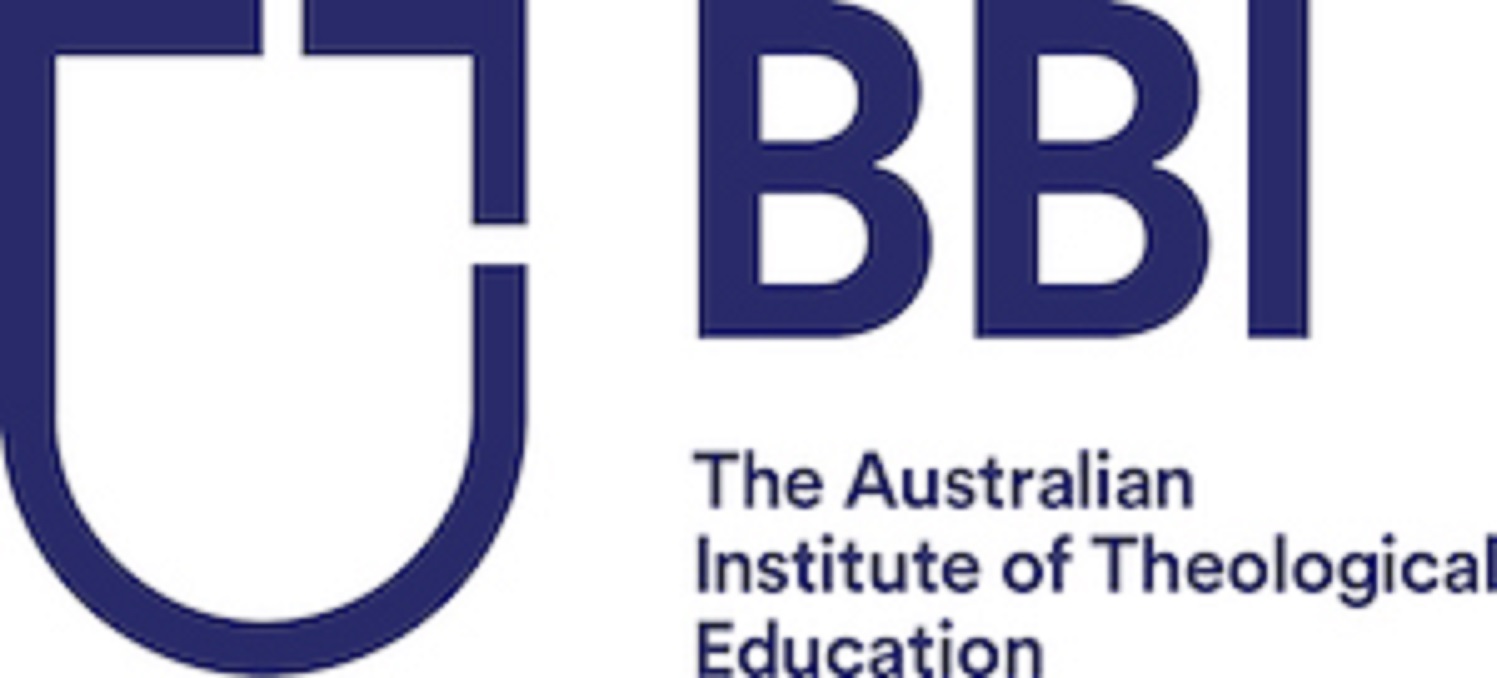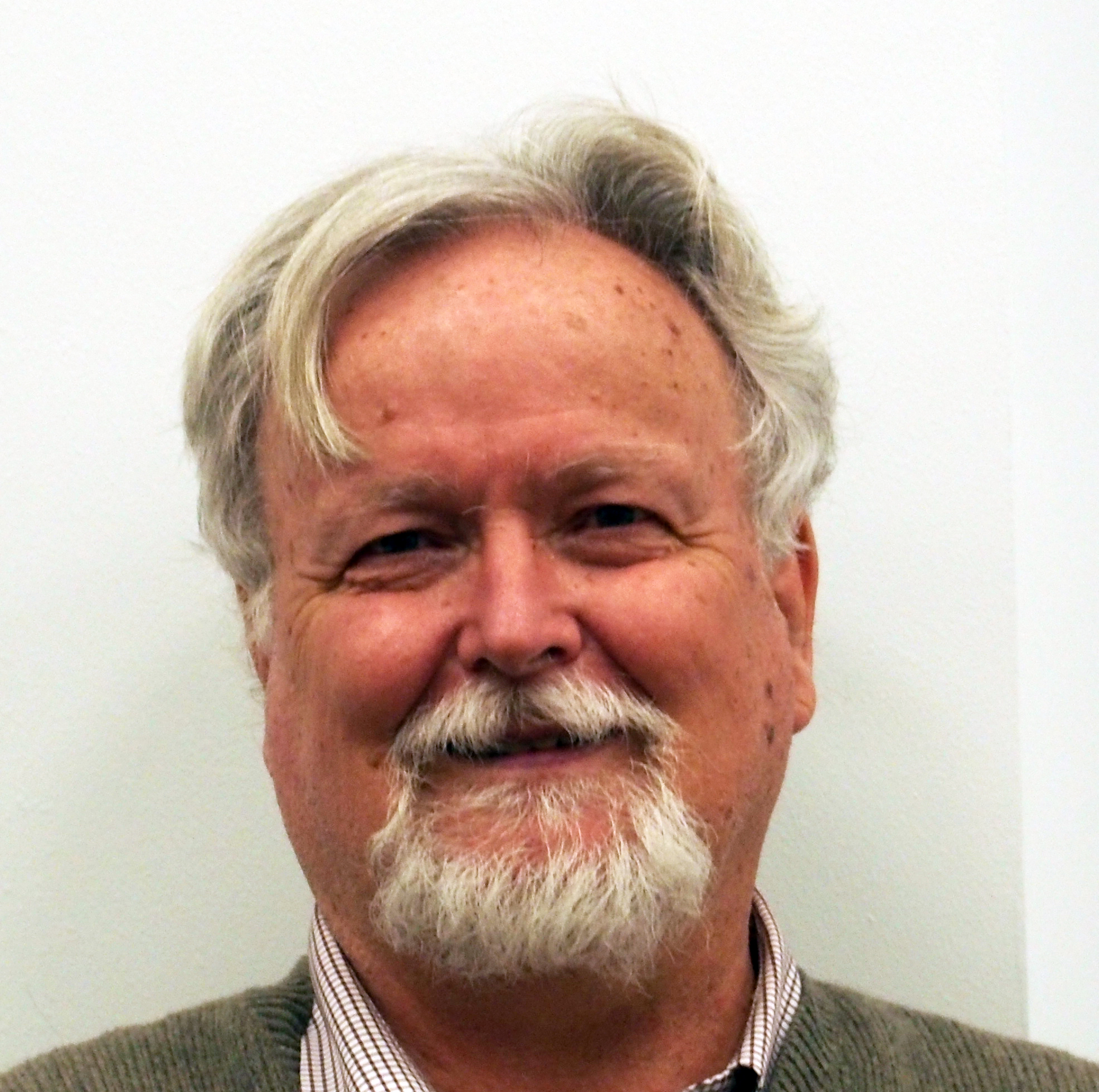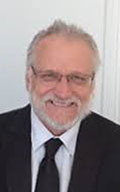Week of Events
All Saints Day
All Saints Day honours exemplary Christians who achieved sainthood, especially those not having a special day. For many Christian denominations, all Saints Day is a remembrance of departed Christian people of any time and place.
BBI Australian Institute of Company Directors Course
NOW BEING DELIVERED ONLINE(via ZOOM) The world around us is changing, and organisations are looking to their leaders to confidently and capably navigate their business through today’s volatile environment. BBI-TAITE and AICD are now announcing that a Company Directors Course will be delivered online on via ZOOM 1,8,15,22 & 29 November
Engaging Your Faith – Scripture Meditation (lectio divina) in the Classroom
Engaging Your Faith – Scripture Meditation (lectio divina) in the Classroom
Scripture Meditation (lectio divina) in the Classroom This session will explore a background, a spirituality, and practical strategies for leading scriptural meditation (lectio divina) in the classroom. Resources will be supplied. School staff groups are encouraged to participate. Presented by Dr Christopher Morris Bookings close: Friday 27 October at 5pm.
Engaging Your Faith – An Introduction to AI and Transhumanism … for Christians
Engaging Your Faith – An Introduction to AI and Transhumanism … for Christians
An Introduction to AI and Transhumanism … for Christians “Young people today can expect to live forever, but AI will run the world.” At least that is the view of some techno-optimists. This session is a brief introduction to artificial intelligence, including ChatGPT, and transhumanism, in which we will reflect
Engaging Your Faith – Sisters and Brothers All
Engaging Your Faith – Sisters and Brothers All
Sisters and Brothers All Drawing on our Christian understanding of the human person and the central principles of Catholic social teaching, this session will provide a basis for consideration of issues highlighted in contemporary discussions including the Bishops’ Social Justice Statement 2023–2024, climate change and Pacific Islander living, and Pope
Engaging Your Faith – Four Male Characters in John: A Journey into Relationship with the Divine Other
Engaging Your Faith – Four Male Characters in John: A Journey into Relationship with the Divine Other
Four Male Characters in John: A Journey into Relationship with the Divine Other In contrast to the other canonical Gospels, John provides insights into various significant characters through a series of encounters. These encounters show a range of reactions to Jesus. This talk looks at Nicodemus, Thomas, Peter, and the
Engaging Your Faith – Levinas, Ethics, and Our Responsibility for the Other: Some Implications for Education
Engaging Your Faith – Levinas, Ethics, and Our Responsibility for the Other: Some Implications for Education
Levinas, Ethics, and Our Responsibility for the Other: Some Implications for Education This lecture discusses Levinas’s view that ethics is first philosophy because of our fundamental responsibility for the Other, and it considers some implications for education. Against the prevailing zeitgeist which valorises individual autonomy, I argue that it is not





